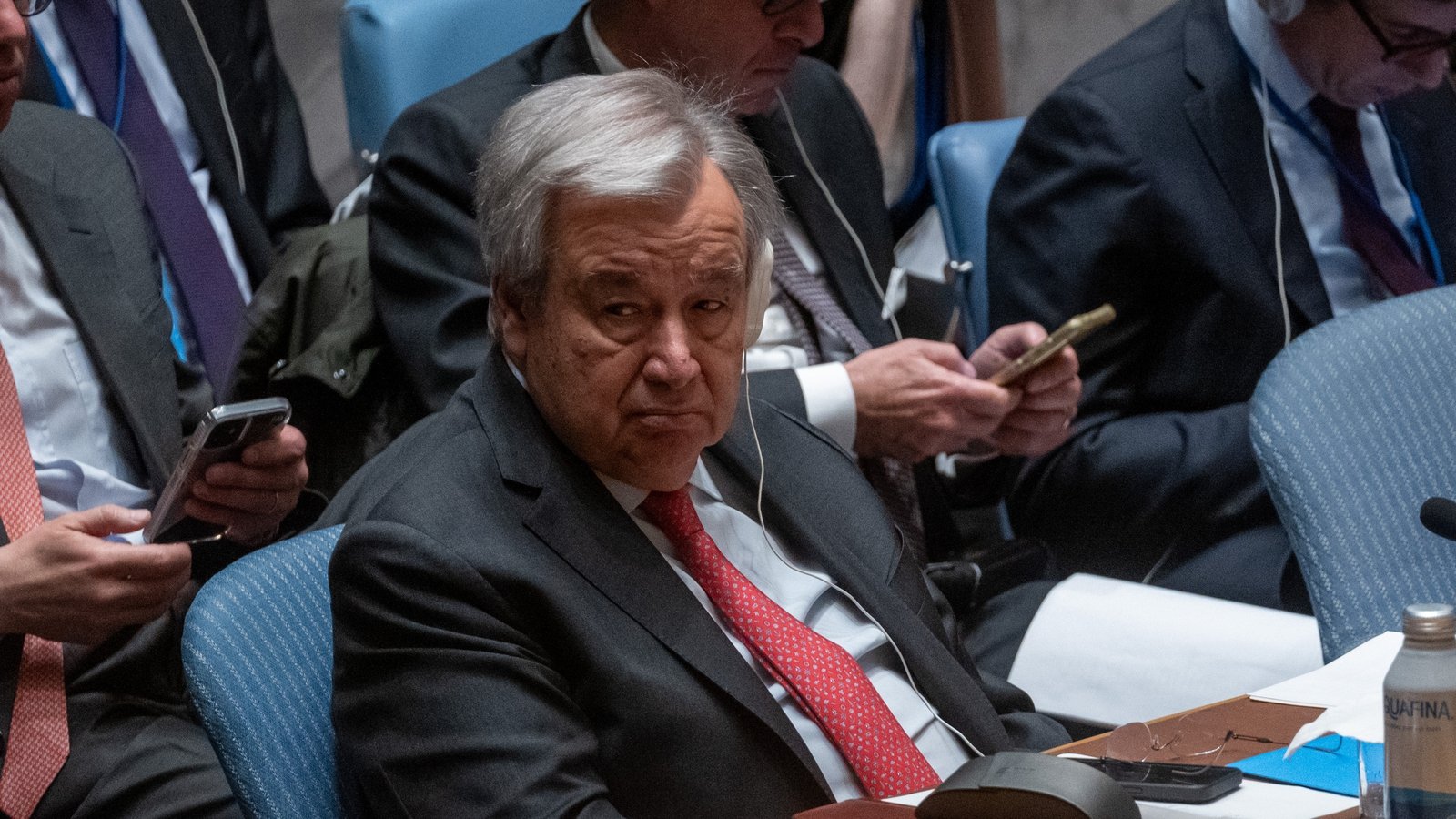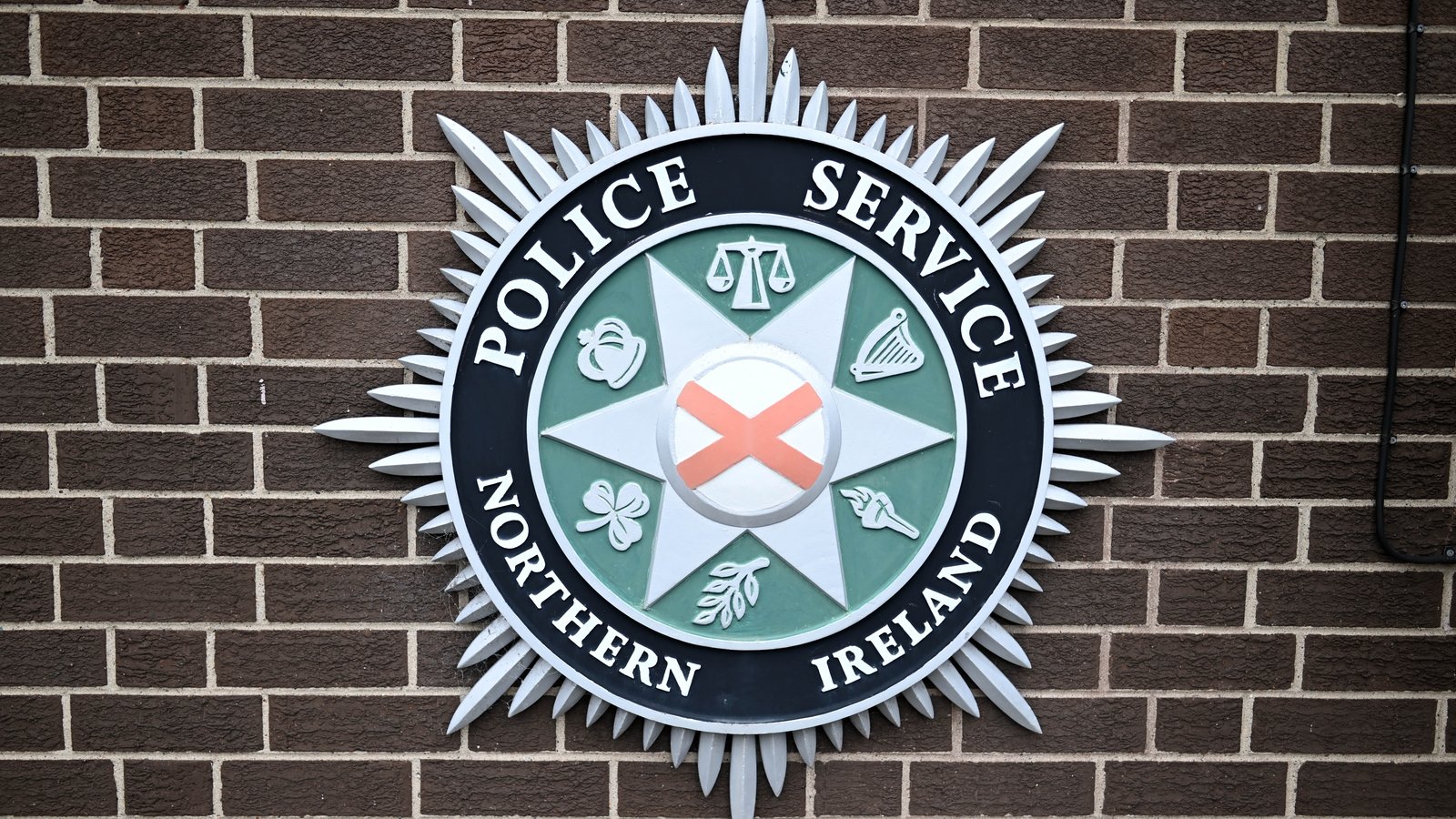Minister’s new plan on ending Direct Provision due today
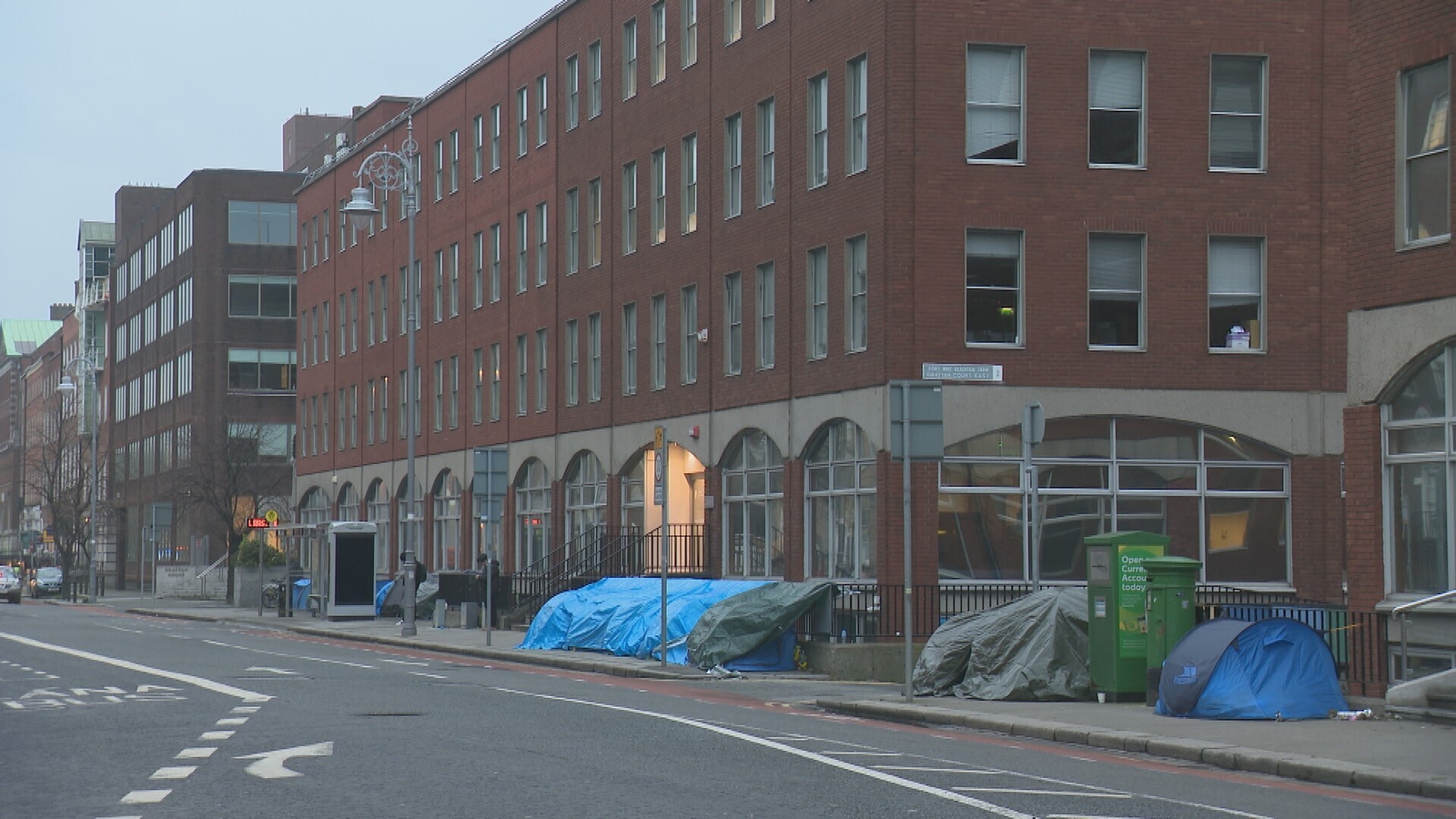
In February 2021, Minister Roderic O’Gorman published the ‘White Paper to End Direct Provision and to Establish a new International Protection Support Service’.
The White Paper outlined plans to establish a new system for accommodation and supports for Ireland’s International Protection applicants.
It focused on encouraging integration from day one and supporting applicants to live independently.
The original aim was to implement what was set out in the paper on a phased basis between 2021 and 2024.
However, the White Paper on Ending Direct Provision was prepared prior to global movement, following Covid-19 and the war in Ukraine, which has resulted in accommodation pressures in countries across Europe including Ireland.
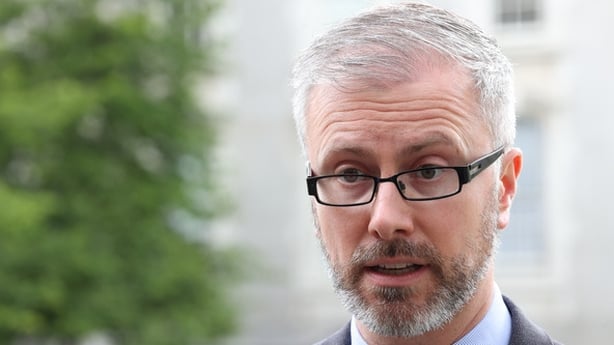
The assumptions underpinning the original white paper were based on 3,500 arrivals each year, but close to those numbers are now arriving in Ireland every month or every two months.
This has led the Department of Children, Equality, Disability, Integration and Youth to revise the White Paper Ending Direct Provision and come up with a new plan, which the minister will announce today.
It’s understood that the new version will stick to the principles outlined in the original white paper – phase one of which included building six bespoke Reception and Integration Centres.
Ultimately, the aim is to increase State-owned permanent accommodation capacity to meet increasing needs.
The White Paper Ending Direct Provision anticipated that the six Reception and Integration Centres would have capacity of 330 each.
Whether the department has been forced to revise that capacity upwards due to the increase in the numbers arriving will become clearer today.
It is expected the announcement will deal with the immediate issue regarding the accommodation of asylum seekers and long-term reform of the system.
Reform will take time, which means the use of tented accommodation for those arriving is likely to continue for now.
If the plan is to provide State accommodation, this would essentially move the system away from private providers which now accounts for 96% of accommodation.
Removing reliance on the private operators will also mean less competition with the tourism sector.
Undoubtedly, the latest plan from Minister Roderic O’Gorman, for which he will seek Cabinet approval this morning, will require backing from the entire Government.
This includes the Department of Housing for example, which oversees local authorities.
While the Department of Justice has been active in increasing staff at the International Protection Office to quicken decisions on applications, the IPO may be expected to provide those decisions more rapidly.
This is because the aim of new centres will be for those seeking asylum to “pass through” the centres while awaiting decisions, rather than become permanent accommodation.
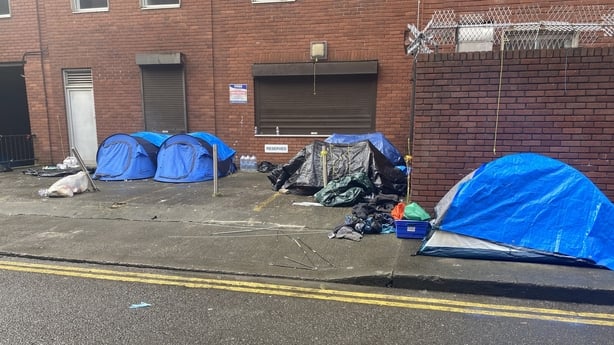
Indeed, Direct Provision did not set out to become long-term accommodation for those seeking asylum, but it’s no secret that some of those who received decisions to remain in Ireland lived in those centres for years.
It’s understood there has been some movement out of Direct Provision in recent months, with reports of up to 150 per month moving on.
While many of the proposals set out in the White Paper on Ending Direct Provision have been set aside, some commitments have been delivered.
These include inspections of the International Protection Accommodation Service (IPAS) centres by the Health Information and Quality Authority.
Since January, HIQA inspectors have been visiting centres under the 2019 National Standards for Accommodation Offered to People in the Protection Process, to get an insight into how the service is run.
While the watchdog does not have the power to regulate, it monitors quality and safety in the centres that inspectors can access.
As of today, 48 permanent centres are currently under the supervision of HIQA which has no role in inspecting tented accommodation, emergency accommodation or short-term accommodation for Ukrainian refugees for example.
It’s expected the first tranche of reports on inspections of IPAS centres will be published next month.
When it comes to the accommodation of Ukrainian refugees arriving in Ireland, the Government confirmed the location of almost 2,000 beds in five different locations around the country two weeks ago.
The accommodation will be in Ballyogan in Dublin, Stradbally in Co Laois, Fernbank in Limerick City, Punchestown in Co Kildare and Gerald Griffin Street in Cork City.
Refugees can remain in accommodation for 90 days and they’ll be entitled to a weekly allowance of €38.80 per adult and €29.80 per child for daily expenses while in the accommodation centres.
The accommodation for Ukrainian refugees is separate from the plan that will be announced regarding the accommodation of asylum seekers today.

